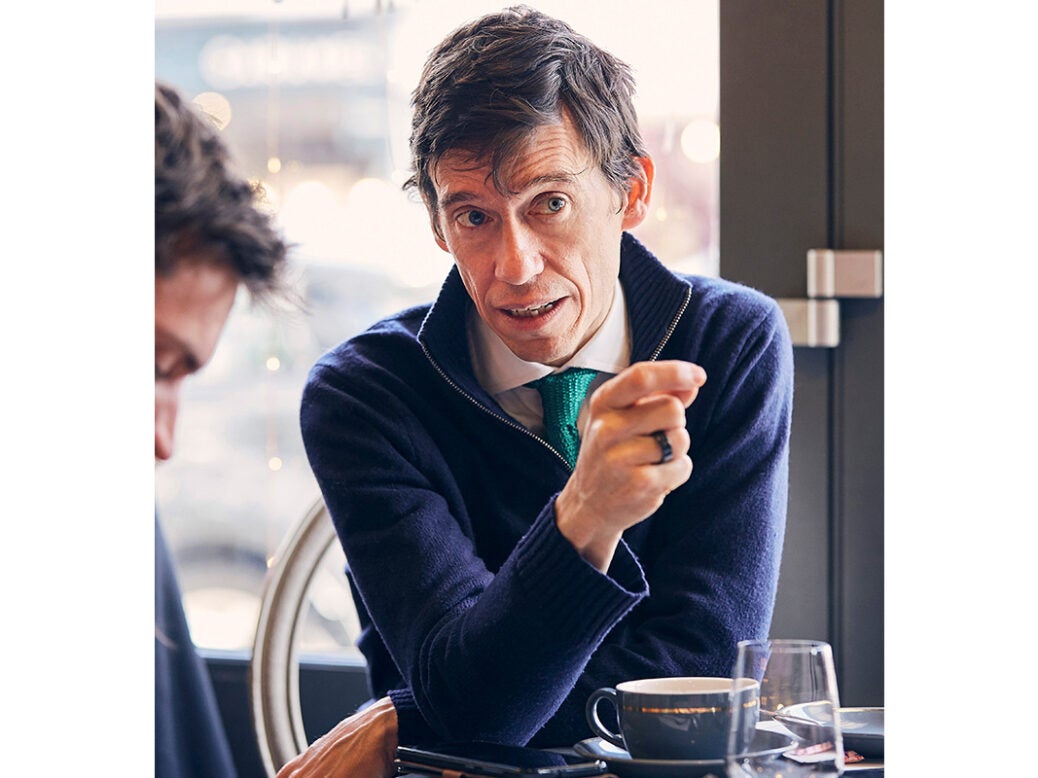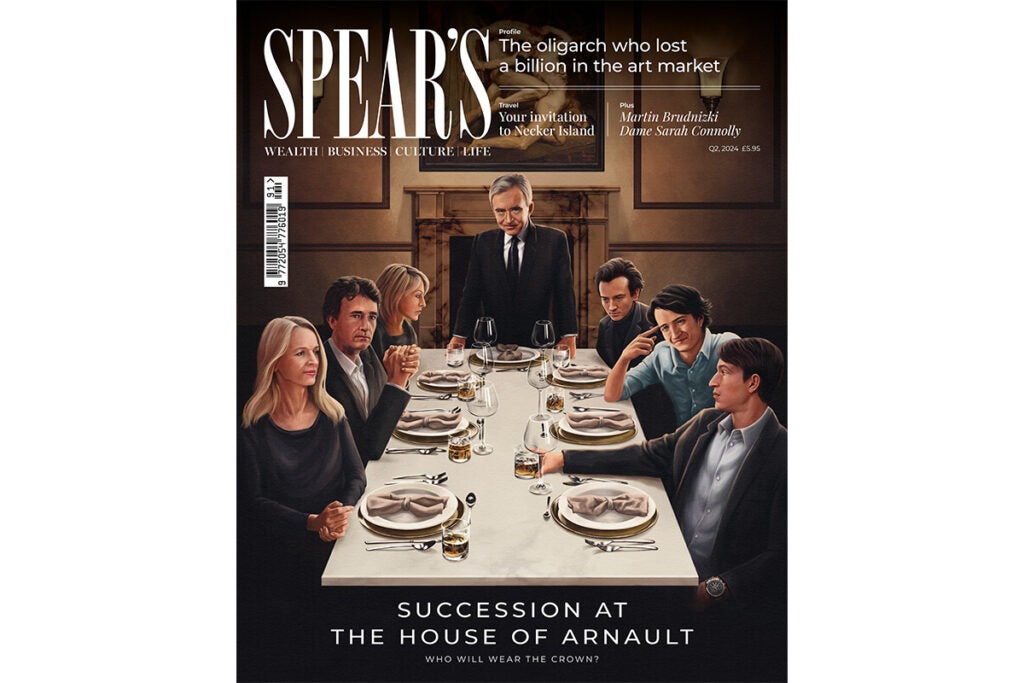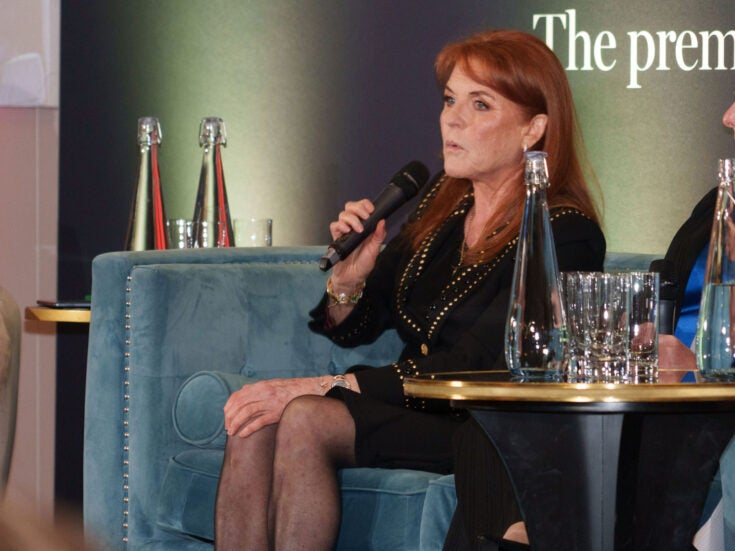
About 15 years ago, a small group of Harvard and MIT graduate students studying developing-world economics became increasingly interested in evidence that the most effective way to help people in extreme poverty (those surviving on less than $2.15 a day) was simply to give them money, with no strings attached.
[See also: Super-rich are giving away more of their money than ever before]
Inspired by this rather radical idea, they set off to Kenya and conducted a successful pilot scheme. That was the genesis of what is now known as GiveDirectly, which in 2022 was the fastest-growing non-profit organisation in the world.
What are ‘unconditional cash transfers’?
The concept of ‘unconditional cash transfers’ (UCT) is very simple. People living in extreme poverty have the best understanding of exactly what they need in order to improve their own situation. Take the example of a 70-year-old grandmother living in a grass hut with a hole in the roof, sleeping on the floor and eating only one meal a day. If you give her $700, she will be able to fix many of these problems herself. She can get her roof repaired, buy a mattress, put food on the table for the children and pay for them to get back to school. The goods and services she would buy are paid for directly, helping to power the local economy and without the significant deductions that many charities have to make to cover their running costs.
[See also: We must stop being suspicious of philanthropy]
In order to achieve its aim of helping some of the world’s poorest people, GiveDirectly has been able to take advantage of two incredible revolutions. The first is the tech revolution, which is the development of mobile money in Africa. This has enabled everybody, including the extreme poor, to make and receive simple payments. It is now possible to transfer money directly to these people via mobile phones, without having to go through endless intermediaries such as governments or charities.
The second revolution is that GiveDirectly applies the scientific rigour of a randomised control trial to its interventions. This is where you have one group that receives treatment and another group that does not. You are then able to compare them to establish if your intervention is in fact making any difference.
GiveDirectly: backed by data
To date there have been 300 different studies of UCT, and the evidence is quite compelling. It demonstrates that when people in extreme poverty are given money, they spend it well and make lasting improvements to their health, education, income and self-reliance.
I went to Rwanda to see one of its programmes on the ground and was astonished by what I saw. Within a few weeks, I was able to visibly tell the difference between villages that had been selected for funding and those that had not. The GiveDirectly villages all had metal roofs, flowers planted and cows in the fields. They instantly became more prosperous.
[See also: Impact Award winner James Chen on taking ‘big bets’ in philanthropy]
I think that if you are tough-minded and sceptical about development, this is the kind of programme you want to support, because it is one of the very few where these randomised control trials are being run at such a scale. If you are looking, dollar for dollar, how to really make a difference to the lives of those in extreme poverty, there’s nothing else like it.
As told to Alex Fenn.
This feature was first published in Spear’s Magazine: Issue 91. Click here to subscribe








